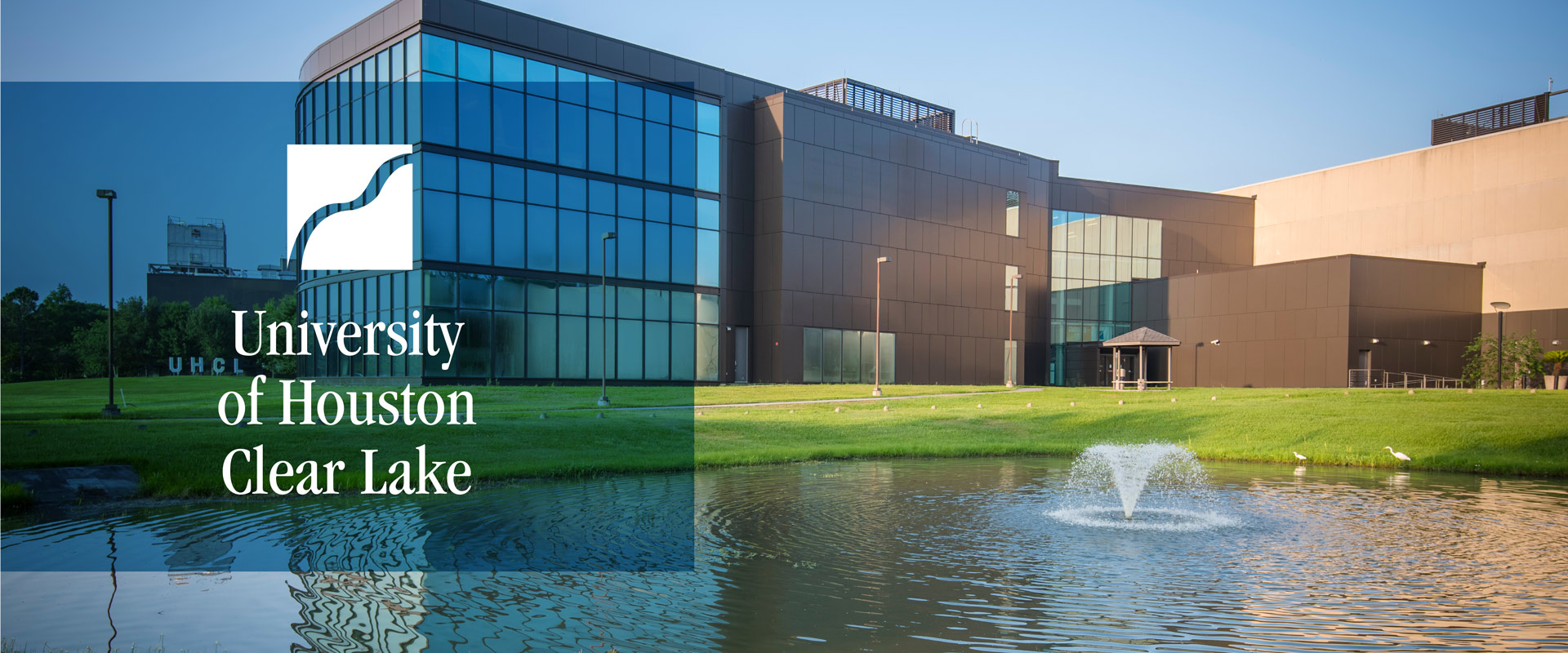- Future Students
- How to Apply
- Visit UHCL
- Admitted Students
- Tuition, Costs and Aid
- Degrees and Programs
- Contact Admissions
- Current Students
- Class Schedule
- Academic Calendar
- Advising
- Events
- Library
- Academic Resources and Support
- Student Services and Resources
- Alumni
- Lifetime Membership
- Alumni Events
- Update Your information
- Awards and Recognitions
- Give to UHCL
UHCL launches Mental Health First Aid for campus, community outreach
October 22, 2018 | Jim Townsend

University of Houston-Clear Lake wants everyone to recognize the signs and symptoms of substance abuse, eating disorders, suicidal ideation, stress and other mental and emotional disturbances, and to know what to do when encountering someone in a mental health crisis. For this reason, the university is training faculty, staff and students in Mental Health First Aid™ on what to look for and how to intervene properly.
UH-Clear Lake is also working with area school districts to extend this training to teachers and administrators. As the program expands, the university intends to offer Mental Health First Aid training to the community at-large.
The courses are part of the Mental Health First Aid USA program, operated by the National Council for Behavioral Health in partnership with the Missouri Department of Mental Health. A three-year $375,000 community-preparedness grant from the Substance Abuse and Mental Health Services Administration funds the trainings.
The project is a communitywide collaboration between UHCL Counseling Services, UHCL Human Resources, College of Education, College of Human Services and Humanities, UHCL Police Department, UHCL Veteran Services and Dickinson Independent School District, Hitchcock I.S.D., Santa Fe I.S.D., the Odyssey Academy-Galveston and Innovative Alternatives.
MHFA USA provides separate tracks in youth (12-18 years) and adult interventions. The adult track has five supplemental modules: higher education, veterans, public safety, older adults, and fire and emergency medical services. Counseling Services counselors are now taking instructor training. They will teach the adult higher education course to UHCL faculty and staff. College of Education faculty are also receiving instructor training. They will teach the youth track to education majors and to teachers and administrators in participating school districts. UHCL Police Department is sending an officer to instructor training in the adult public safety course in order to work with area first responders.
Counseling Services Director and Licensed Psychologist Cindy Cook and Professor of Counseling Cheryl Sawyer applied for the grant, with the goal of training at least 200 individuals per year on the UHCL campus and in area communities. Its purpose is “to increase their ability to identify students who might be at risk for suicide or mental health problems and refer them to appropriate on and off campus resources for assessment and treatment,” the grant summary stated.
The program is more than just suicide prevention and mental health awareness, Cook said. “It’s aimed at reducing stigma and helping identify mental health issues early on and getting people into treatment.”
Cook said the free first-aid course is eight hours long, taken in a daylong class or in two four-hour sessions. Attendees will learn the warning signs for anxiety, depression, eating disorders, substance abuse disorders and more, “as well as how to assess and how to talk to someone who is experiencing those things,” Cook said.
Cook and Sawyer worked with area municipalities and school districts to bring them aboard, in part as a proactive response to an alarming rise youth suicide, addiction, child abuse and school violence. Their efforts pre-date the shootings at Santa Fe High School last May, where Sawyer served as one of several emergency grief counselors. “Everybody had bought into it before the incident,” Sawyer said.
The grant also responds to a law passed in the 2017 Texas Legislature that requires school districts to train teachers and administrators in mental-health awareness and intervention, and makes training a requirement for a bachelor’s degree in education.
“There are children who are practically invisible and you might not ever see them. Then there other children where it’s quite clear that there are some problems,” Sawyer said. “Most teachers haven’t had counselor training, so they’ll send the kids to the counselor, who has 400 to 700 kids. How many kids can they pay attention to? They do the best they can, but they can’t see every kid.”
Sawyer continued, “So a teacher will be able to notice that ‘Suzanne hasn’t been to school three times out of the past three weeks. When she has come in, she’s looked kind of rough. I don’t think she’s sleeping at night because she fell asleep during math, and her grades are going down. And she didn’t talk much before, but now she’s talking to a group of kids who have a reputation for sneaking out windows.’ You put all those problems together. We need to refer her and see what’s going on.”
Sawyer said she hopes every employee at UHCL will take the training. “We strongly believe that every single staff member on campus has the capacity to see something that somebody else doesn’t see,” she said. “We’re hoping that all will volunteer.”
Developed in Australia in 2001, The Mental Health First Aid program operates in 25 countries. Globally, over 2 million people have taken the training; more than 1 million of them in the U.S. Those who take the training are encouraged to retake it every three or four years as a refresher.
Courses for the instructors who teach Mental Health First Aid are much more intensive: a rigorous three-day or five-day course. To become certified, participants must satisfactorily deliver the presentation and pass a written exam. Instructors recertify every three years.
Currently, registration is ongoing for UHCL faculty and staff for Mental Health First Aid trainings through December. For more information, contact Cook at cookc@uhcl.edu, or Sawyer at sawyer@uhcl.com.






